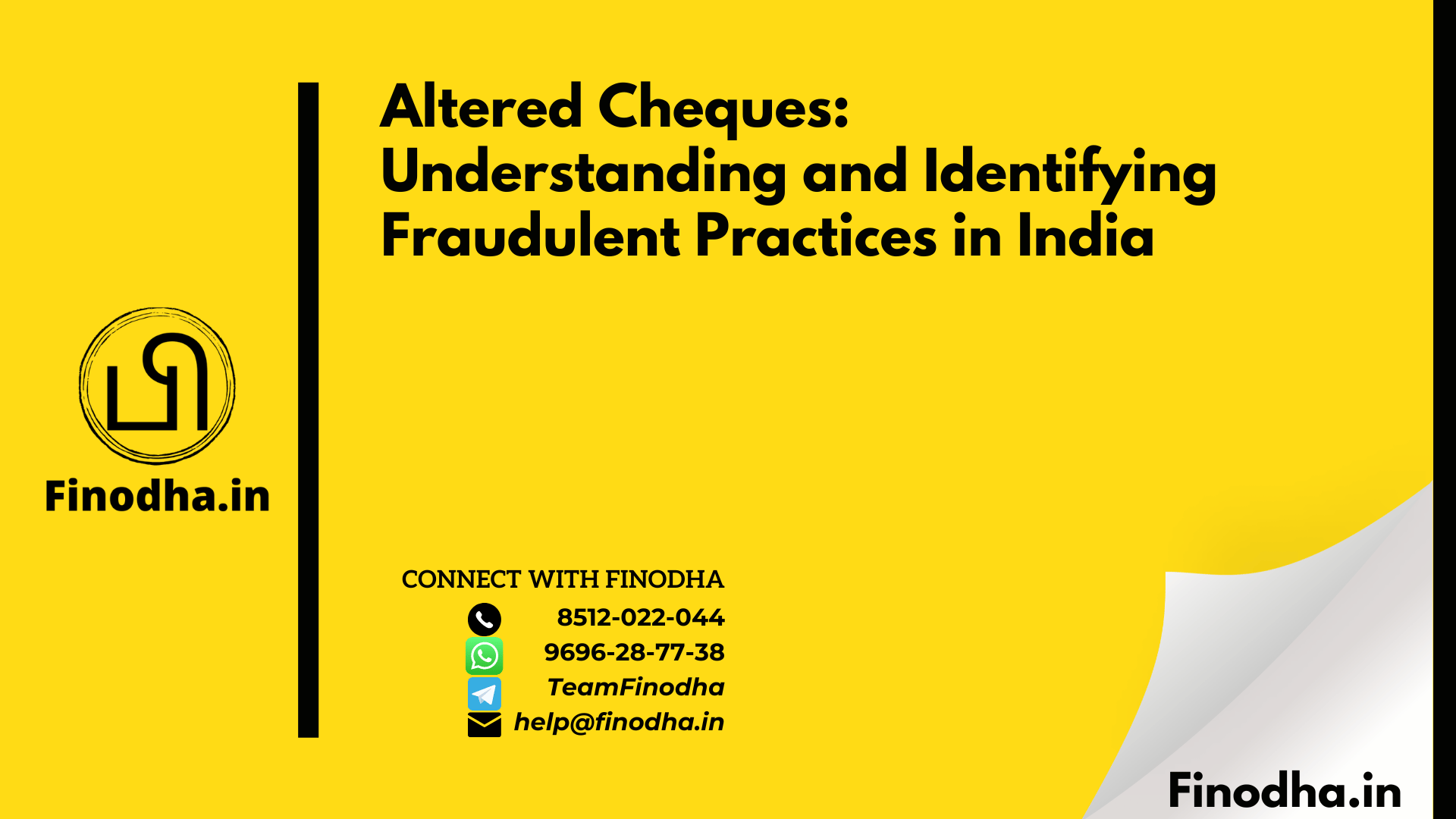Important Keyword: Hot Hand Phenomenon, Gamblers Fallacy, Sports Psychology, Psychological Biases.
Words: 2518, Read Time: 13 Min
Table of Contents

Introduction to the Hot Hand Concept
The term “hot hand” refers to a phenomenon observed in various fields such as sports, gambling, and even everyday decision-making where individuals believe that a person who has experienced a successful outcome in a series of attempts is likely to continue experiencing success.
This belief is particularly prominent in sports, where athletes who have a streak of good performance may be seen as having a “hot hand.” Fans and coaches alike may attribute this success to the athlete’s enhanced skill or an intuitive momentum that propels them forward. The psychological allure of the hot hand is not limited to the realm of athletics; it extends into gambling as well, where players may perceive streaks in games as a sign of impending success, often leading to riskier behaviors.
At its core, the hot hand phenomenon encapsulates a cognitive bias known as the “gambler’s fallacy,” wherein individuals mistakenly link previous successes with future outcomes. This belief can give rise to overconfidence, influencing behaviors in high-stakes situations.
For instance, basketball players on a shooting streak might feel compelled to take more shots, fueled by the desire to maintain their momentum. This thought process raises intriguing questions about the balance between skill and luck, forming a critical intersection in the study of human psychology and decision-making.
What Is the Hot Hand Fallacy?
The hot hand fallacy is a psychological condition where individuals erroneously believe that past success increases the likelihood of future success. This concept frequently arises in discussions related to sports, gambling, and decision-making scenarios, where individuals become convinced that a person who has recently performed well is more likely to continue experiencing success. Although this belief feels intuitively correct, it is often grounded in faulty reasoning and does not hold up under statistical analysis.
To comprehend the implications of the hot hand fallacy, one can consider the example of coin flipping. When flipping a fair coin, the probability of landing heads or tails on any given flip remains 50%, regardless of previous outcomes. If a coin has landed on heads five times in a row, a person experiencing the hot hand fallacy might argue that the next flip is more likely to be heads.
This reasoning, however, is erroneous as the outcomes are independent, and the chances of the next flip remain equal. The hot hand fallacy thrives on the misinterpretation and overgeneralization of random sequences, leading individuals to attribute patterns where none exist.
The Psychology Behind the Hot Hand
The hot hand phenomenon refers to the belief that a person who experiences success in a task, such as shooting basketballs or making successful bets, is more likely to continue experiencing success in subsequent attempts. This psychological mechanism can be directly linked to various cognitive biases, particularly the representative heuristic.
The representative heuristic is a mental shortcut that involves judging the likelihood of an event based on its similarity to a prototype or existing stereotype. In the context of the hot hand, individuals may observe a streak of successful performances and mistakenly interpret this as indicative of future success, rather than acknowledging the role of chance.
This cognitive bias not only affects casual observers but also influences decision-making among participants in activities like gambling or investing. For example, a gambler may experience a series of wins at a poker table and thus feel compelled to increase their bets, believing they are on a “hot streak.”
This belief can lead to what is known as the “gamblers fallacy,” where the individual expects future outcomes to correlate with previously observed sequences. As a result, they may overlook the randomness inherent in the game, ultimately leading to detrimental financial decisions.
Moreover, the hot hand effect illustrates how emotional states can magnify cognitive biases. When individuals experience a string of successes, they may feel more confident and inclined to take risks, often disregarding rational analysis in favor of their perceived momentum.
This tendency can cause significant ramifications in high-stakes situations, such as investing in stocks or engaging in speculative trading, where the interplay of psychological factors can have profound impacts. Understanding the psychological underpinnings of the hot hand phenomenon can lead to more informed decision-making strategies, helping people mitigate the influence of cognitive biases in their financial and personal choices.
Evidence For and Against the Hot Hand
The hot hand phenomenon, characterized by the belief that an individual who experiences success in a particular activity is more likely to continue succeeding in subsequent attempts, has garnered significant attention from sports psychologists and statisticians alike. Numerous studies have been conducted to investigate this concept, yielding both supportive evidence and counterarguments.
Research in favor of the hot hand often highlights instances within basketball where players demonstrate prolonged periods of exceptional performance. A prominent study conducted by Gilovich, Vallone, and Tversky in 1985 analyzed shooting percentages in the NBA and found that players who appeared to be on a “hot streak” indeed had higher shooting accuracy during that period compared to their overall average.
This supports the notion that confidence and performance can create a positive feedback loop, where prior success increases an individual’s likelihood of maintaining that success.
Further exploration in baseball statistics has unveiled similar findings, particularly in situations involving consecutive successes at bat. Data analysis has shown that sluggers in Major League Baseball often deliver higher batting averages during streaks, reinforcing the hot hand theory in this context. These observations suggest that cognitive and emotional factors, such as increased focus and confidence, can contribute significantly to sustained performance.
Overall, the hot hand remains a contentious topic, with compelling evidence on both sides of the debate. Understanding the nuances of success, performance, and psychology is essential for athletes, coaches, and analysts alike.
The Impact of the Hot Hand on Gamblers and Investors
The hot hand phenomenon plays a significant role in the decision-making processes of both gamblers and investors. This psychological phenomenon suggests that individuals who experience a streak of success may believe they possess a better chance of continuing to succeed purely due to their recent performance. In gambling, for instance, a player on a winning streak may feel an enhanced confidence in choosing certain games or betting more aggressively. This belief can lead to substantial short-term gains as the gambler capitalizes on their perceived momentum.
In the realm of investing, the hot hand effect can similarly influence behavior. Investors may interpret a series of successful investments as a pattern indicative of ongoing profitability. This can encourage riskier investment strategies based on the belief that the individual is on a ‘hot streak.’ For example, an investor who has recently acquired stocks that have yielded significant returns may erroneously assume that similar outcomes are guaranteed in future trades. This inclination can result in an overestimation of their skill level and misalignment with market realities.
However, the risks associated with the hot hand phenomenon are substantial. While the initial successes may foster positive outcomes, they can also lead to reckless behavior and significant losses. Gamblers might find themselves chasing their previous wins, crossing the line between calculated risk-taking and compulsive gambling.
Investors, on the other hand, might ignore fundamental analysis, making decisions driven solely by recent successes instead of established market strategies. The key challenge lies in balancing the thrill of perceived success with the discipline of strategic thinking, which is essential in both gambling and investing. Recognizing the influence of the hot hand can help individuals navigate these complex environments more effectively, ultimately leading to better decisions.
Understanding the Cold Hand: Its Opposite
The concept of the “cold hand” serves as a counterpoint to the hot hand phenomenon, illustrating the psychological effects of experiencing a sequence of failures. When individuals perceive themselves as having a “cold hand,” they often attribute their lack of success to a downward spiral rather than considering external factors or randomness involved in their circumstances. This perception can lead to a debilitating mindset, where one feels trapped in a cycle of misfortune.
Psychologically, the cold hand manifests through feelings of self-doubt and a heightened sense of anxiety regarding future outcomes. As individuals face repeated failures, they may begin to internalize negative beliefs about their abilities, which can result in avoidance behaviors. This avoidance can further inhibit their willingness to take risks or engage in activities they once enjoyed, ultimately reinforcing their belief that they have a cold hand.
Moreover, the cold hand phenomenon can distort decision-making processes. Individuals who perceive themselves as experiencing a downturn might make overly conservative choices, fearing they will continue to fail. This risk-averse mentality can limit their opportunities and stifle creativity, which can create a self-fulfilling prophecy of perpetual setbacks. In contrast, when faced with successes, people retain a greater willingness to persist in their efforts and take calculated risks.
Recognizing the psychological dimensions of the cold hand is crucial. It empowers individuals to challenge their negative narratives and mitigate the impact of their failures. By reframing their perspective, they can cultivate resilience, allowing them to cope with setbacks without succumbing to despair. Ultimately, understanding the cold hand alongside the hot hand phenomenon can provide a more comprehensive view of the complexities of human motivation and success.
Real-Life Examples: The Hot Hand in Indian Context
The concept of the hot hand phenomenon can be observed vividly in various aspects of Indian life, especially in sports and financial investments. One of the most common and relatable examples is the world of cricket, which holds a special place in Indian culture.
Consider the case of players like Virat Kohli or Rohit Sharma, who, during a series of matches, display remarkable consistency and heightened performance. When these players are scoring runs effortlessly, cricket enthusiasts often speculate that they are experiencing a hot hand. Fans and analysts attribute their successes to a psychological state where past successes appear to contribute to ongoing performance, reinforcing the belief in their current prowess. Such instances illustrate the hot hand phenomenon within the high-pressure environment of sports, where momentum plays a critical role.
Similarly, in the realm of financial investments, the hot hand effect can be observed among investors. For instance, when an investor conducts a series of successful trades in the Indian stock market, they might feel an increased confidence in their decision-making abilities. This sensation often leads to a higher frequency of investments, as the individual believes they are in a winning streak. However, this behavior can sometimes lead to recklessness, as individuals might disregard fundamental analyses or risk management principles, attributing their success to their perceived hot hand status.
On a more traditional note, consider local games such as Ludo or Carroms, where players experience streaks of victories. When one starts winning, they are often believed to be on a hot streak, which can influence their opponents’ perceptions and lead to heightened tension within the match. The psychological implications are significant, as these situations can either bolster confidence or lead to disastrous overconfidence, ultimately showcasing the dual nature of the hot hand phenomenon.
Key Takeaways: Understanding Your Own Hot Hand
The concept of the “hot hand” phenomenon suggests that individuals often believe they are on a winning streak, characterized by heightened confidence in their abilities or choices. This belief can manifest in various domains, including gambling and investing. However, it is essential to recognize the psychological roots of this phenomenon and how it can influence decision-making. One key takeaway is the need for self-awareness regarding the fluctuations of success and failure. Understanding that outcomes can be random helps individuals maintain a balanced perspective, ultimately shaping better strategies when faced with decisions.
In gambling, players may experience a hot hand while playing games like blackjack or poker. They might perceive an ongoing streak of good luck, leading to increased bets driven by optimism. These moments can cloud judgment, creating an overconfidence that neglects the inherent randomness of the game. Recognizing this potential bias could empower players to approach their decisions more critically, relying on strategies grounded in probability rather than anecdotal success.
Similarly, investors may encounter the hot hand following a series of profitable trades. While it is essential to celebrate successes, it is equally important to avoid assuming that good fortune will persist indefinitely. Cautious self-evaluation enables investors to differentiate between actual skill and the randomness of market dynamics. Maintaining this balance can prevent reckless decision-making, which often stems from misinterpreting transient successes as indicative of consistent, ongoing performance.
By being conscious of the hot hand effect, individuals can develop a more pragmatic approach to success. This involves celebrating achievements while simultaneously understanding that success can be fleeting or influenced by random factors beyond one’s control. Ultimately, a healthy mindset acknowledges both one’s capabilities and the unpredictability of outcomes, guiding better decision-making in gambling, investing, and beyond.
Conclusion: Navigating the Hot Hand Phenomenon
In exploring the hot hand phenomenon, we have delved into the psychological principles that govern our perception of success and randomness. This phenomenon, which describes the belief that a person who experiences success in a random event has a greater chance of further success, reveals a crucial intersection between cognitive psychology and decision-making. Throughout this blog, we have considered various contexts, ranging from sports to investment decisions, where the hot hand effect can vividly illustrate how human cognition often misinterprets statistical reality.
It is essential for readers to recognize that while the hot hand might feel intuitively correct, it often contradicts statistical probabilities. Understanding the implications of this phenomenon can enhance our decision-making abilities, particularly in high-stakes environments.
Acknowledging our biases enables us to develop strategies that reduce the influence of cognitive distortions, ultimately leading to more rational behavior. Implementing techniques such as reflective thinking and data analysis can assist in evaluating when confidence in a streak is warranted, versus when it may be a mere illusion of control.
Moreover, encouraging a mindset that values empirical evidence over anecdotal success can significantly mitigate the risks associated with this psychological bias. Reflecting on personal experiences in light of these insights can provide clarity in understanding our behaviors and choices.
By fostering a greater awareness of the hot hand phenomenon, we can navigate our successes and failures with a balanced perspective, enabling us to make more informed decisions. In today’s world, where data is paramount, embracing rationality over instinct can lead to improved outcomes in various facets of life.
Download Pdf: https://taxinformation.cbic.gov.in/




